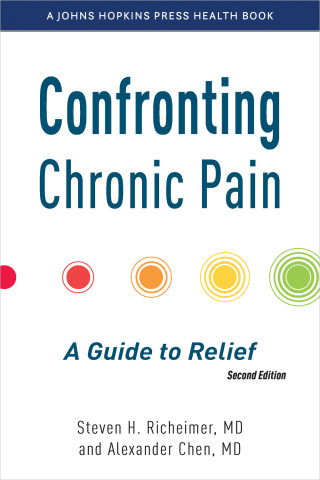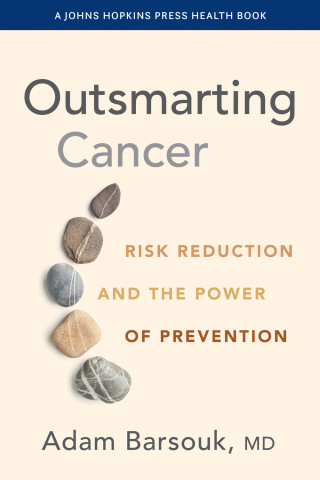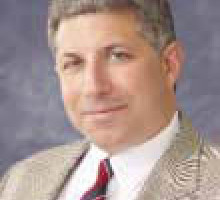
Reviews
A superb book which is neither confusing or condescending for those seeking sound advice on Heart Rhythm Problems.
In this book, Dr. Cohen uses his considerable talents as a physician and writer to present a clear and comprehensive guide to understanding heart rhythm disorders. The book is especially valuable for patients (and family members) who need specialized cardiac procedures.
Dr. Cohen's book explains in simple terms an all-too-common medical problem that afflicts many people throughout the world. This easy-to-read book will help educate people with heart rhythm problems as well as their families. It is important reading for anyone who may be in need of a pacemaker, defibrillator, or catheter ablation procedure.
This is the first comprehensive book I've seen intended to help patients and their families understand the important subject of heart rhythm disorders. Dr. Cohen's explanations of these problems, the tests used to diagnose them, and the devices and treatments used to manage them are straightforward and thorough. Anyone facing an invasive heart rhythm procedure must read this guide.
Book Details
Foreword, by Chris Chiames
Preface
Part One: The Basics
1. Overview
2. Who Is Your Cardiologist?
3. The Pulse: Heartbeat and Rhythm
4. Heart Rhythms
5. The Pump
Part Two: Heart Rhythm Abnormalities
6. Slow
Foreword, by Chris Chiames
Preface
Part One: The Basics
1. Overview
2. Who Is Your Cardiologist?
3. The Pulse: Heartbeat and Rhythm
4. Heart Rhythms
5. The Pump
Part Two: Heart Rhythm Abnormalities
6. Slow Rhythms: Bradycardias
7. Fast Rhythms: Tachycardias
8. Ventricular Tachycardia and Ventricular Fibrillation
9. Supraventricular Tachycardia
10. Atrial Fibrillation
11. Atrial Flutter
Part Three: Sudden Cardiac Arrest
12. Sudden Cardiac Arrest
Part Four: Syncope
13. Syncope
Part Five: The Tests
14. Electrocardiogram (ECG or EKG)
15. Stress Test and Related Procedures
16. Continuous Monitoring Devices
17. Echocardiogram
18. Computerized Axial Tomography (CT) Angiogram and Cardiac Magnetic Resonance Imaging (MRI)
19. Cardiac Catheterization, Coronary Angiogram, Left Ventriculogram, Angioplasty, and Stenting
20. T-Wave Alternans (TWA)
21. Electrophysiology Study (EP Study)
22. Tilt Table Test
Part Six: Procedures and Medications for Treating Heart Problems
23. Catheter Ablation
24. Electrical Cardioversion and Defibrillation
25. Heart Medications
Part Seven: Devices for Treating Heart Problems
26. Pacemakers
27. Implantable Cardioverter Defibrillators (ICDs)
28. Biventricular Devices
29. Implantable Cardiac Monitors
30. Device Implant Procedures
31. Device Replacement and Lead Extraction
32. Recalls
Part Eight: The Diseased Heart
33. Heart Failure
34. Cardiomyopathy
35. Hereditary Conditions
Part Nine: Prevention and Resuscitation
36. Preventing Heart Disease
37. Cardiopulmonary Resuscitation (CPR)
38. Automatic External Defibrillator (AED)
Part Ten: Follow-up and Patient Care
39. Patient Follow-up
40. Support Groups
41. Defensive Patienting 101: A Primer on Patient Safety
Acknowledgments
Appendixes
A. When an Electrophysiology Study Is Appropriate
B. When an Implantable Permanent Pacemaker Is Appropriate
C. When an Implantable Cardioverter Defibrillator Is Appropriate
D. When Biventricular Therapy Is Appropriate
Glossary
Bibliography
Index






